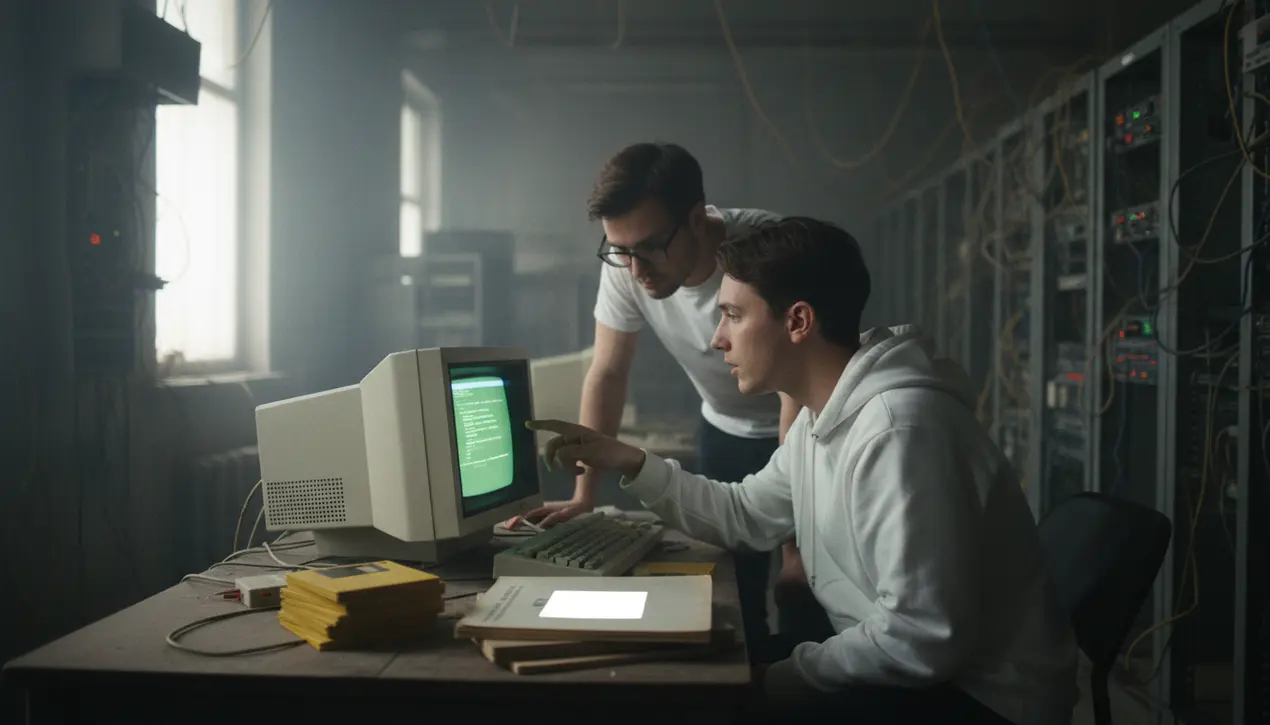
EntertainmentgamingGame Releases
Microsoft makes Zork I, II, and III open source.
DA
Daniel Reed
2 days ago7 min read4 comments
In a move that resonates deeply with the foundational ethos of collaborative technological development, Microsoft has officially open-sourced the legendary text-adventure trilogy Zork I, II, and III. This isn't merely the release of some dusty old code; it is the ceremonial unearthing of a digital Rosetta Stone, a direct line to the very origins of interactive fiction and the commercial software industry.The project was spearheaded by Microsoft's Open Source Programs Office in collaboration with Jason Scott, the free-range archivist and digital preservationist extraordinaire at the Internet Archive, whose lifelong mission has been to save such computational artifacts from the digital abyss. For those of us who live and breathe the trajectory of artificial intelligence and its symbiotic relationship with open-source paradigms, this decision is profoundly significant.Zork, originally developed in the late 1970s and early 80s by the brilliant minds at MIT's Dynamic Modelling Group—who would later form Infocom—was built in a language called ZIL (Zork Implementation Language), a variant of MDL. Releasing this source code is akin to an automotive company open-sourcing the blueprints for the Model T; it provides an unparalleled educational resource for understanding natural language processing in its most primitive, yet astonishingly effective, form.Before the advent of large language models like GPT-4, which parse our prose with statistical elegance, Zork's parser was a rule-based marvel, a intricate web of `if-then` statements that challenged players to 'eat the lantern' or 'attack the thief with the sword' within a constrained but richly imagined world. The implications for today's AI development are palpable.Modern researchers and hobbyists can now dissect the logical architecture of these games, studying how they managed state, handled object interactions, and parsed complex, multi-word commands—a foundational lesson in human-computer interaction. This act of preservation and sharing by a tech behemoth like Microsoft signals a mature understanding that the future of AGI is not built in a vacuum but on the shoulders of the computational giants that came before.It fosters a culture where the historical DNA of software is valued, allowing new generations to learn from, remix, and build upon these classic systems. In an era where AI model weights are often guarded as crown jewels, Microsoft's contribution of Zork's source code is a powerful statement on the enduring value of transparency and the collective stewardship of our digital heritage, ensuring that the ghosts of the Great Underground Empire can continue to inspire innovation for decades to come.
#open source
#Microsoft
#Zork
#classic games
#MIT License
#retro gaming
#featured
Stay Informed. Act Smarter.
Get weekly highlights, major headlines, and expert insights — then put your knowledge to work in our live prediction markets.
Related News
Comments
Loading comments...
© 2025 Outpoll Service LTD. All rights reserved.